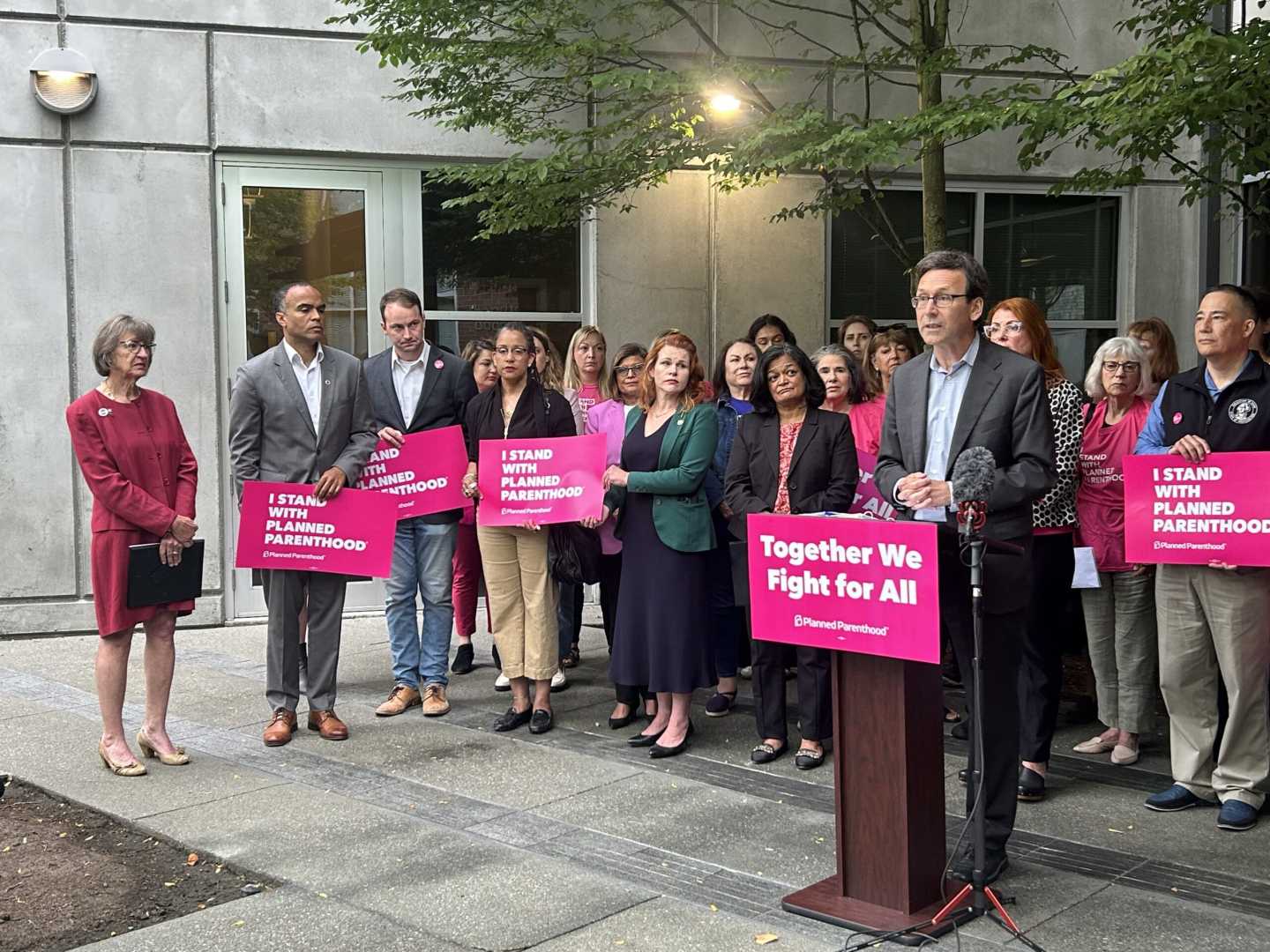News
Washington State Fills Medicaid Gap for Planned Parenthood After Federal Cuts

SEATTLE, WA – Washington Governor Bob Ferguson announced on Wednesday that the state will cover the loss of Medicaid funding for Planned Parenthood following a new federal law. This decision comes after President Donald Trump signed the “Big Beautiful Bill” on July 4, which includes a one-year ban on all Medicaid funding for Planned Parenthood.
The federal moratorium immediately halts Medicaid payments for preventive services and cancer screenings provided by Planned Parenthood. Currently, Medicaid funds cannot be used for abortion services. Planned Parenthood relies on about $22 million annually in Medicaid funding in Washington, with at least $11 million sourced from the federal government, marking it as one of the state’s largest Medicaid providers.
In response, Planned Parenthood has initiated a legal challenge against the federal defunding measure. Meanwhile, Governor Ferguson stated that the state would provide temporary funding to bridge the gap, should the litigation not succeed. “This is a blatantly political, cruel attack on reproductive rights,” Ferguson said in a released statement. “I will not allow that to happen.”
The governor acknowledged the state’s budget challenges but emphasized the importance of ensuring continued access to healthcare. “We must step into this temporary gap to ensure women continue to have access to critical health care,” he said.
This funding cut is part of broader reductions in Medicaid included in the legislation, which was passed by Congress with a tie-breaking vote from the vice president. The law proposes $1 trillion in Medicaid cuts over the next decade, potentially costing Washington state over $3 billion each year and impacting coverage for approximately 250,000 residents.
Furthermore, Washington Representatives Dan Newhouse and Michael Baumgartner supported the legislation, which is expected to significantly affect their Central and Eastern Washington districts, where over 500,000 residents are enrolled in Medicaid. The new law also plans cuts to the Supplemental Nutrition Assistance Program (SNAP), impacting about 1 million Washingtonians who rely on it for food assistance.












